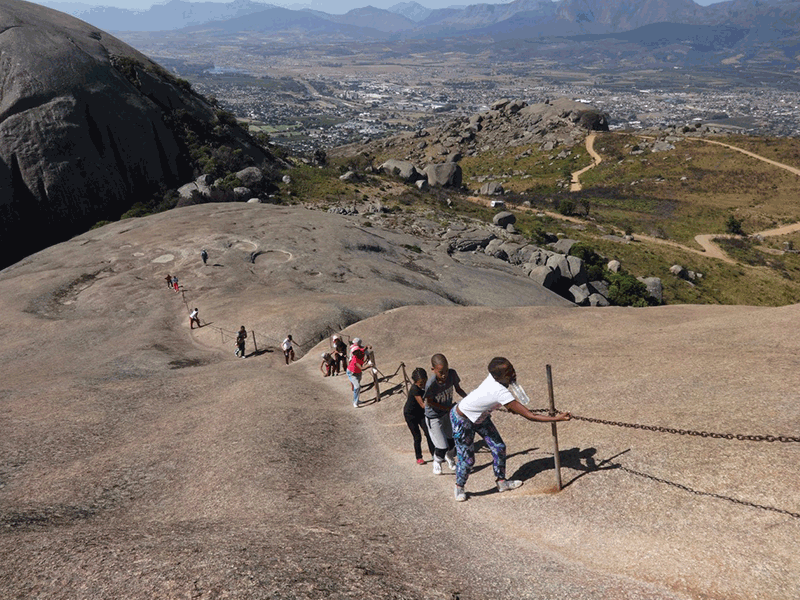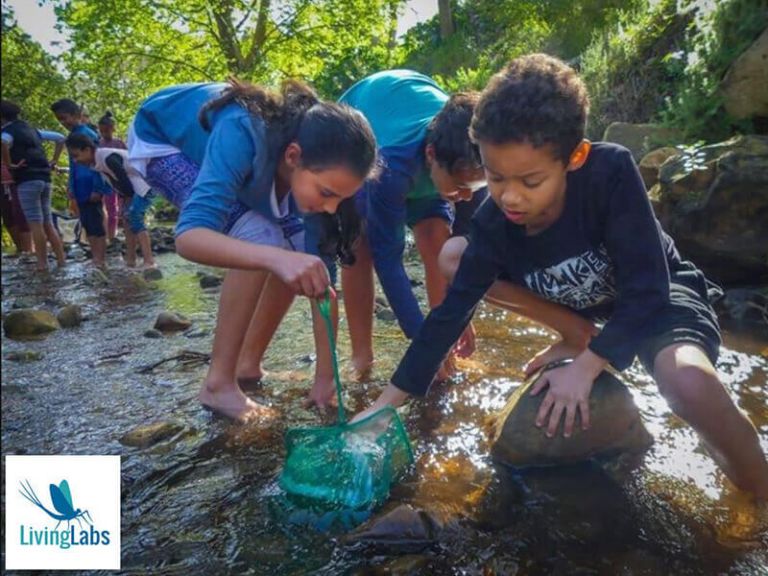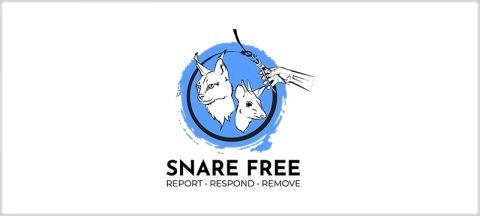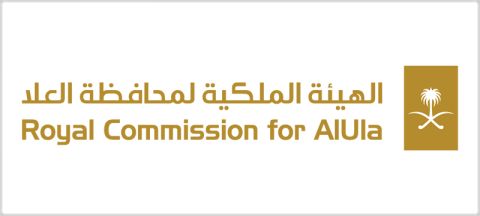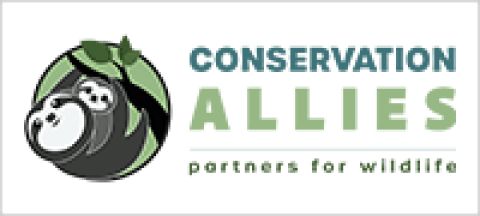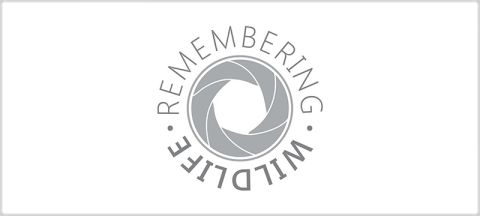Our Environmental Education History
The Cape Leopard Trust Environmental Education Programme was established in 2009 with the aim of providing children and adults with quality experiences that teach them more about the wilderness and themselves.
“ In my view, the best way to develop a culture of caring for the environment is to create opportunities for people to experience nature and awaken them to its stories. This interest can then lead to a loving concern.“
– Elizabeth Martins (founder of The CLT Environmental Education Programme)
Read more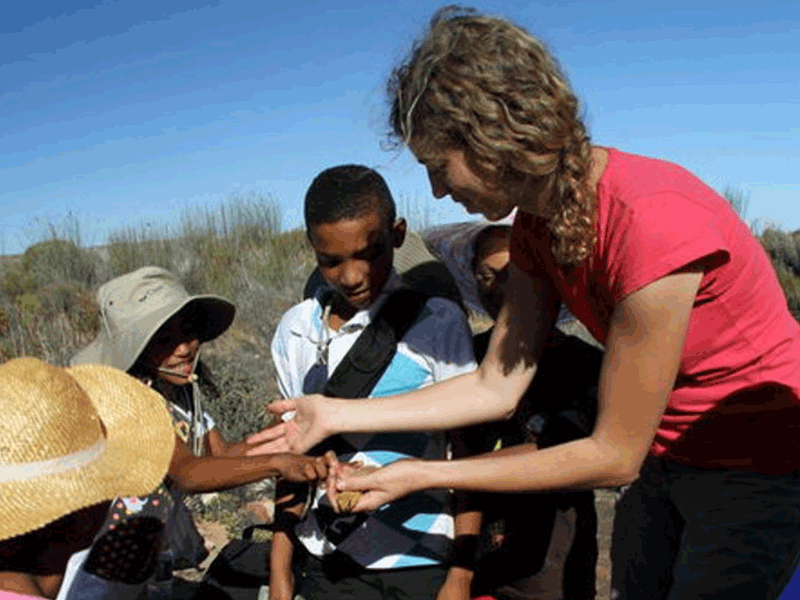

About the Programme
We facilitate experiences in nature that change the way young people see themselves and feel about protecting the environment. Our aim is to educate and empower young people through connecting them with nature and instilling an attitude of reverence and respect for the natural environment.
Participants learn about our research projects first hand, visiting kill sites, doing river water assessments and setting up a camera trap. They come to understand the threats of alien invasive plants; question the impact of illegal hunting and the use of wire snares; as well as the far-reaching effects of poisons and pesticides; habitat loss, species fragmentation and degradation.
Our Objectives | How we do it | Who we work with
Our Approach
We look broadly at the environment while incorporating The CLT’s research on leopards and other predators.
We use a learning model developed by David Kolb known as “Experiential Learning.” This approach means that we design concrete experiences and facilitate learning through unpacking and discussing questions that those experiences naturally evoke.
We use nature as a classroom and curiosity as a tool.

Environmental Education Camps
All camps have an underlying goal, which is that young people develop an understanding of and connection with the wilderness. We use a combination of adventure, art and science to this end.







